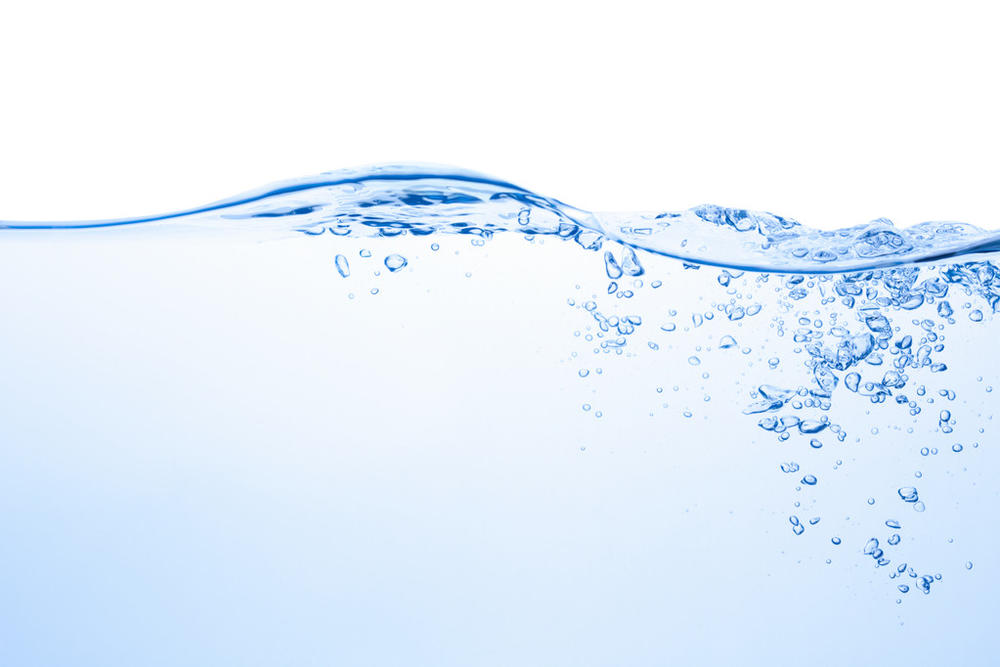In the realm of water treatment, foaming can pose significant operational challenges, impacting efficiency, increasing costs, and potentially endangering equipment. Defoamers, also known as antifoam agents, play a pivotal role in mitigating these issues by effectively suppressing and eliminating foam formation.

Defoamers work by disrupting the stability of foam bubbles. They can be classified into two main categories based on their mode of operation:
Surface-active agents: These adsorb onto the bubble surface, reducing surface tension and promoting bubble coalescence and collapse.
Particle-based defoamers: Incorporating solid particles that puncture foam bubbles, leading to rapid defoaming.
Types of Water Treatment Defoamers:
Silicone-based: Highly effective due to their low surface tension and good thermal stability. Suitable for a wide range of water treatment processes.
Polyether-based: Environmentally friendly alternatives to silicone, offering good defoaming performance with reduced ecological impact.
Mineral oil-based: Economical options, but with potential environmental concerns due to their biodegradability.
Vegetable oil-based: Renewable and biodegradable, often combined with emulsifiers for better dispersion.
Applications in Water Treatment:
Wastewater treatment: Minimizes foam formation during biological treatment processes, enhancing clarity and reducing sludge volume.
Industrial process water: Controls foam in cooling towers, boilers, and other recirculating systems, maintaining operational efficiency.
Drinking water treatment: Addresses foam issues during chlorination or ozone treatment, ensuring water quality standards are met.
Desalination: Reduces foam during seawater desalination processes, protecting membranes and optimizing energy consumption.
Benefits of Using Water Treatment Defoamers:
Improved operational efficiency: By reducing downtime for foam-related issues.
Cost savings: Through decreased consumption of chemicals and water, as well as reduced maintenance costs.
Enhanced water quality: Ensures that treated water meets required standards for various applications.
Environmental protection: Selection of eco-friendly defoamers minimizes environmental footprint.
Water treatment defoamers are essential tools for managing foam in various water treatment processes. Their effectiveness stems from their ability to disrupt foam bubble stability, leading to improved operational efficiency, cost savings, and environmental sustainability.

 English
English
 Chinese
Chinese Vietnamese
Vietnamese
 HOME
HOME
 PRODUCT
PRODUCT
 NEWS
NEWS
 CONTACT
CONTACT


